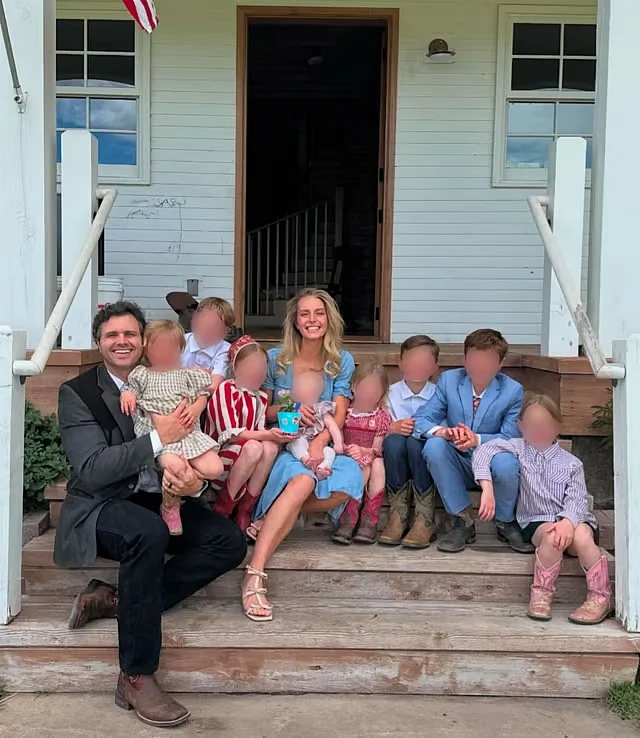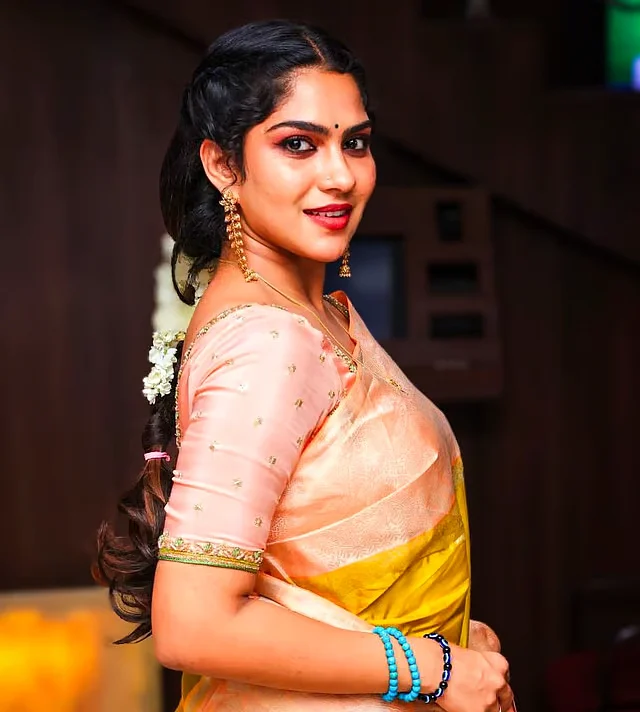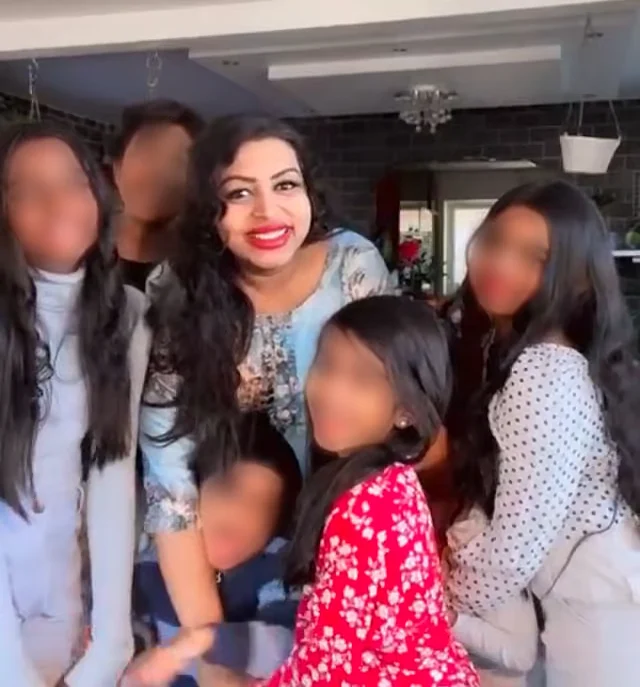The ‘trad wife’ aesthetic in India: Why it’s more political than personal
The ‘trad wife’ phenomenon goes beyond conditioning and aims to reinforce patriarchal gender roles, promoting a return to the ‘traditional’ values of women being submissive to men—a fundamentally anti-feminist idea.
In an Instagram reel, Hannah Neeleman goes about her day as her pre-recorded voiceover narrates how a recent Sunday Times article was a “shocking attack on her family.” “We thought the interview went really well… We were taken aback, however, when we saw the printed article…an attack on me and my family, portraying me as oppressed, with my husband being the culprit…,” she says.
Hannah, crowned Mrs American in August 2023, lives on their farm in rural Utah with her husband Daniel, and their eight children. Her Instagram handle @ballerinafarm, with ten million followers, is where she regularly posts about her life on the farm—taking care of animals, milking cows and goats, making cheese and butter from scratch, cooking without preservatives, mothering, home-birthing children without pain medications, and in her own words, “prioritising God and her family.” The said Sunday Times article refers to her as the queen of ‘trad wives’—short for traditional wives, a phenomenon that has been gaining traction worldwide.
A trad wife is a married woman who performs traditional gender roles in the domestic sphere and is celebrated for it—a belief system that intersects with religious conservatism, biological essentialism, choice feminism, and gender roles.
Nara Smith, for example, a trad wife living in the US with 4.4 million Instagram followers, is known for her cooking and caregiving videos. She does this with delicate movements, projecting a ‘fragile’ persona with a full face of makeup round the clock, while reinforcing that her husband and child are her world. If her husband craves a cake in the middle of the night, she would wake up and bake from scratch, all while ensuring the result and she herself are presented in a very ‘Instagrammable’ aesthetic.

With a surge in right-wing conservative governments and adjacent social media content worldwide, resulting in the consolidation of anti-abortion, anti-migrant, theocratic regimes, the traditionalisation of women’s lives has also become a political agenda aimed at ensuring compliance.
This movement is not limited to the West. It is also becoming more pronounced in countries like India, although here, it manifests in different forms. Recently, Union Finance Minister Nirmala Sitharaman claimed that “patriarchy cannot stop a woman” who wants to achieve things. Adding that most women like herself and the others—saree-clad, messy hair—are sending satellites to outer space, she said that the comfort and security of a family, which most Indian women have, is much sought after by many around the world. She also used examples of Indira Gandhi and Sarojini Naidu to substantiate her claims.
In Hannah Neeleman’s case, it is her Mormon Christian beliefs, anchored in obedience to moral laws, that inform her trad wife persona. In India, the same idea is peddled in different forms by pedestaling the notion of a ‘family woman’, including by politicians like Nirmala, who not only represent the state but also a majoritarian, right-wing, dominant caste morality. This vision also represents the ideal of what women, as imagined by men, should look and live like.

Choice or conditioning?
If one were to look for the Indian equivalents of Hannah Neeleman or Nara Smith, one would find many influencers who glamourise wearing a maang tikka (vermilion on the parting of the hair to signify that they are married), observing karva chauth, touching their husband’s feet, performing religious rituals, and glorifying domesticity and motherhood.
Actor Swasika Vijay, for example, has often been in the eye of controversy in Kerala over her views on marriage and feminism. The actor, who got married recently, has always maintained that she wants a husband “who dominates” her. “I would like to be one step below my husband. That is how I have always wanted to be. I would want to wake up and start my day by touching his feet,” she said in several interviews.
After marriage, Swasika has maintained her stand, saying that she does not let her husband wash his own plates. She is a popular actor with a YouTube channel where she posts family vlogs. One of her videos, in which she dressed up as a goddess and was anointed at a temple as part of a ritual to bring luck, had gone viral.
Along with projecting the ‘ideal wife’ image, Swasika often makes very patriarchal statements about gender bias, coupled with religious conservatism. When several women in Malayalam cinema spoke about sexual harassment, Swasika infamously said that no man can assault a woman who “locks her door when he knocks.”

Norway-settled Tamil influencer Renuka Kandasamy, whose Instagram handle @tamilmomblogger has 147k followers, is a mother to seven children. Her profile states that she had her first child at 24 years old, and her seventh at 36. In one of her reels, she writes, “My toxic trait is I will never not be a tiny bit jealous every time I see a pregnant woman.” In another reel, she is seen posing before a mirror with the caption, “What’s your biggest dream?”, and in a transition, she is shown with her husband and children with “this” written over the image.

Subscribe now to unlock the story

Why should I pay for news?
Independent journalism is not possible until you pitch in. We have seen what happens in ad-funded models: Journalism takes a backseat and gets sacrificed at the altar of clicks and TRPs.
Stories like these cost perseverance, time, and resources. Subscribe now to power our journalism.
- Paywall stories on both Newslaundry and The News Minute
- Priority access to all meet ups and events, including The Media Rumble
- All subscriber-only interaction – NL Chatbox and monthly editorial call with the team
- Stronger together merch – Fridge magnets and laptop stickers on annual plan
₹ 500
Monthly₹ 4999
AnnualAlready a subscriber? Login
